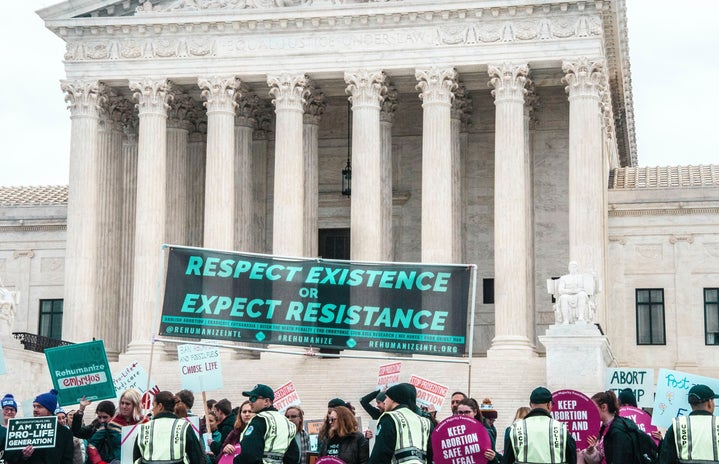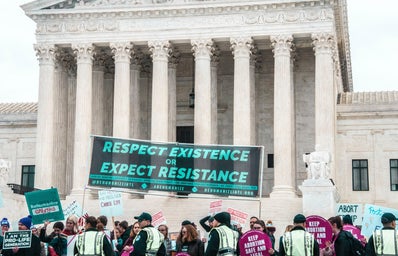Aysia Shelley
Tyre Nichols, a Black man from Memphis, was stopped on January 7 for reckless driving. The traffic stop escalated to a violent altercation in which Memphis police officers brutally beat an innocent man who was later hospitalized and in critical condition. A few days after this instance of police brutality, Nichols passed away. The footage from the altercation was made open to the public, and as seen in the George Floyd murder, another innocent Black man was senselessly beaten and killed by the police. The video footage broadcast across America displays the work that needs to be done within the country to stop racial profiling and blatant racism within our policing system.
In the wake of Nichols’ passing, many people took to social media to not only give their condolences but also protest the methods and measures of policing that are used against Black people. NLE Choppa, a Memphis rapper, organized a peaceful protest in an effort to gain justice for Nichols and demand humane treatment from law enforcement. As the family mourned, they were accompanied by many notable activists at the funeral service including Kamala Harris and Reverend Al Sharpton. At the funeral, Harris was seen embracing Nichols’ mother in an effort to console her. She realizes that as Vice President and a Black woman, she has the responsibility and duty to continue speaking up for the civil rights of her people. In doing so, she decided to speak at the funeral service.
Harris states that the assault on Nichols, a 29-year-old Black man, by five Black police officers was violent conduct that violated the police’s declared goal of ensuring the safety of the public. As a senator, Harris helped create the George Floyd Justice in Policing Act, and during her speech, she demanded that Congress pass this act. This bill covers a variety of principles and concerns relating to policing procedures and legal responsibility for law enforcement. It improves transparency and data gathering, limits the use of specific policing techniques, raises accountability for law enforcement wrongdoing and establishes effective practices and training standards. At the federal, state and local levels, this bill will create prevention and redress racial profiling by law enforcement. Additionally, this bill restricts the use of needless force. In other words, Harris was expressing that enough is enough, and it is time for real change to be done. We continue seeing Black men killed by police officers, but nothing has been done to truly push police reform. Her demand to Congress was heard and will hopefully be taken into consideration.


